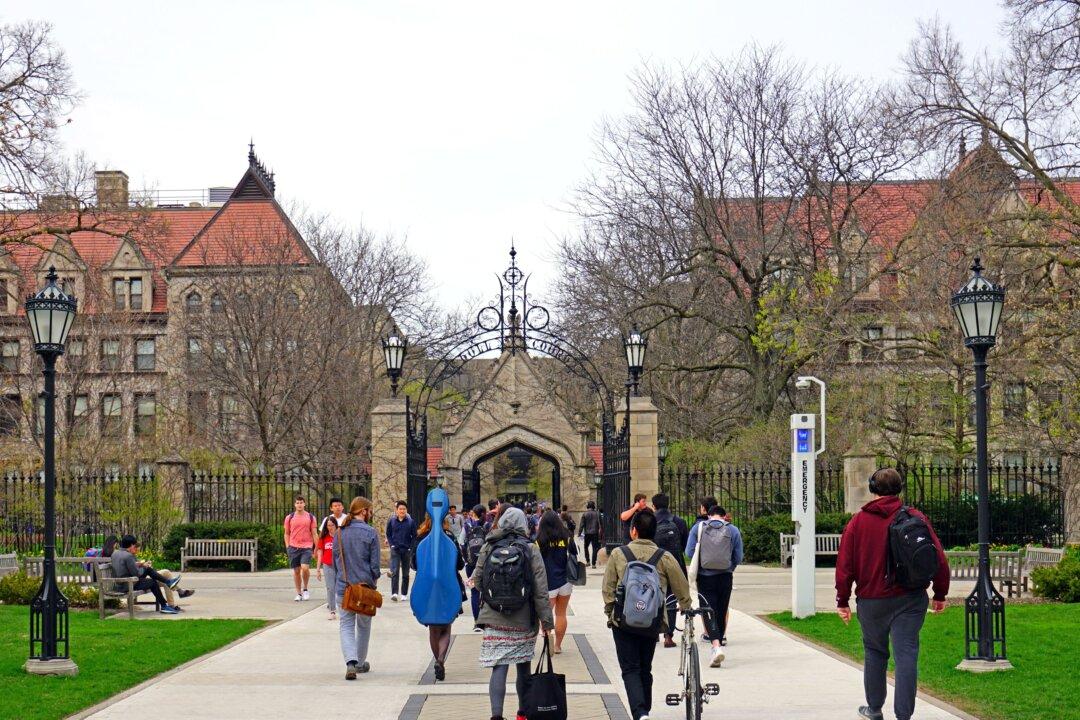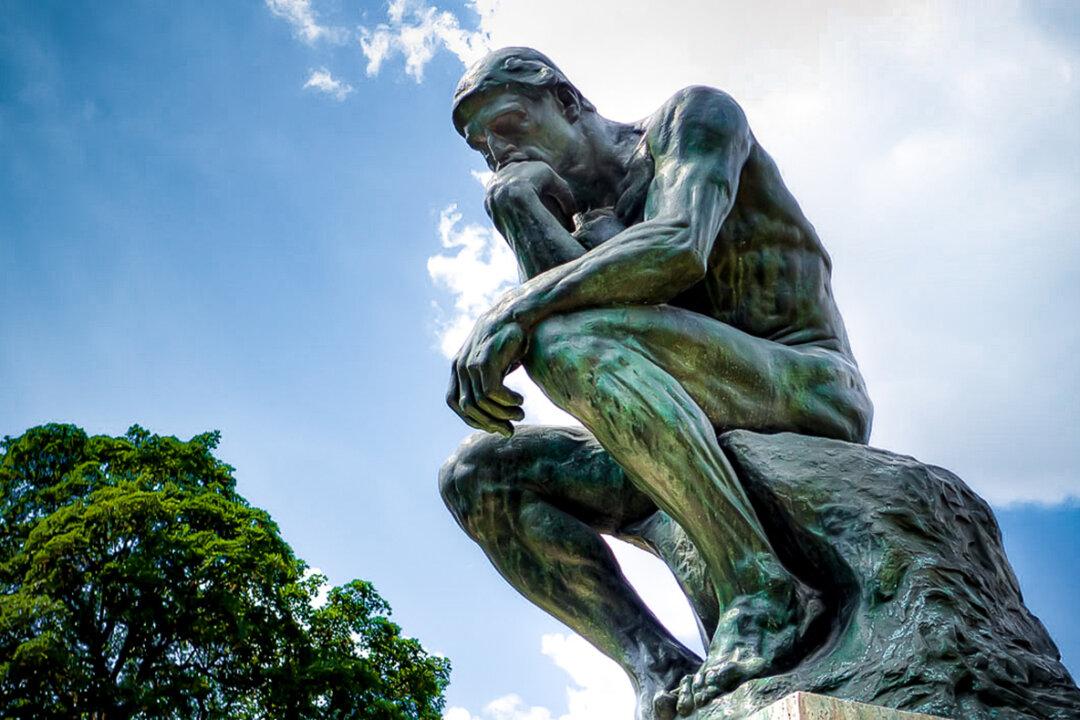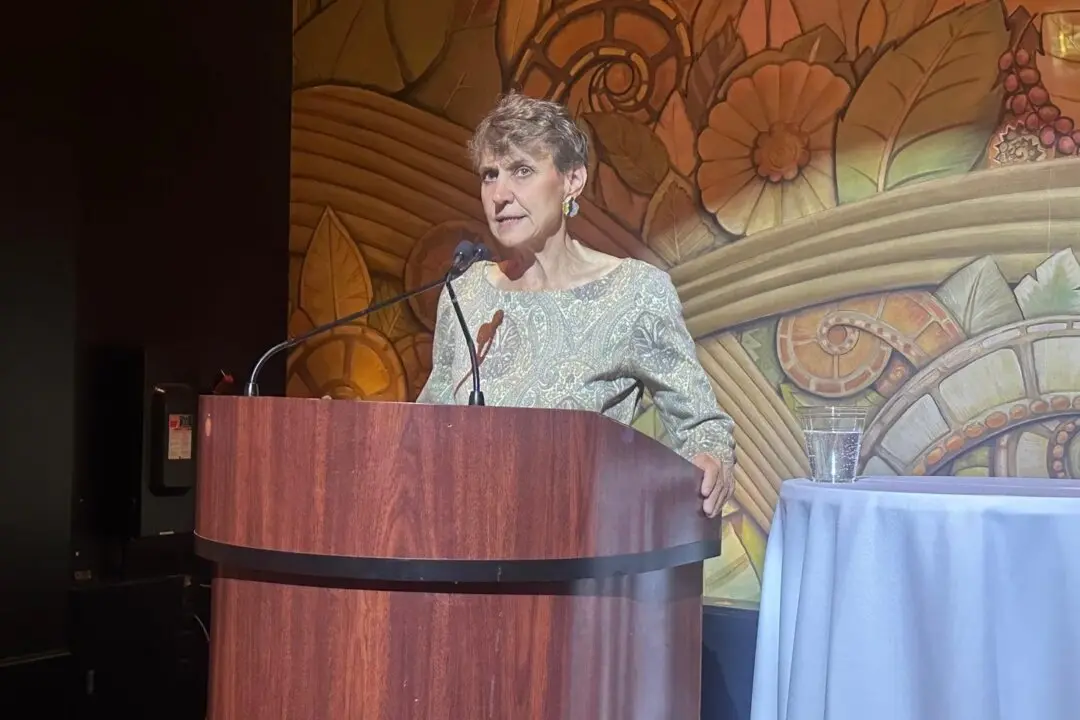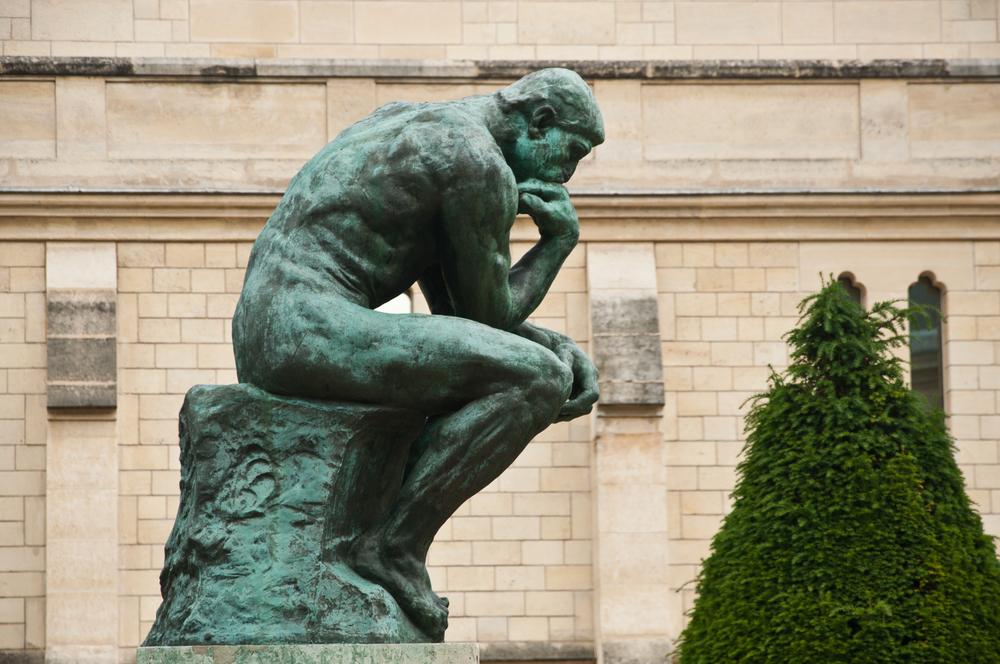Commentary
Our cultural intelligentsia has commanded that in the name of social justice, certain beliefs about the world are infallible, never to be questioned. Such beliefs stand to our cultural moment as the ex cathedra pronouncements of a Medieval Pope: One questions such decrees only on penalty of excommunication.





